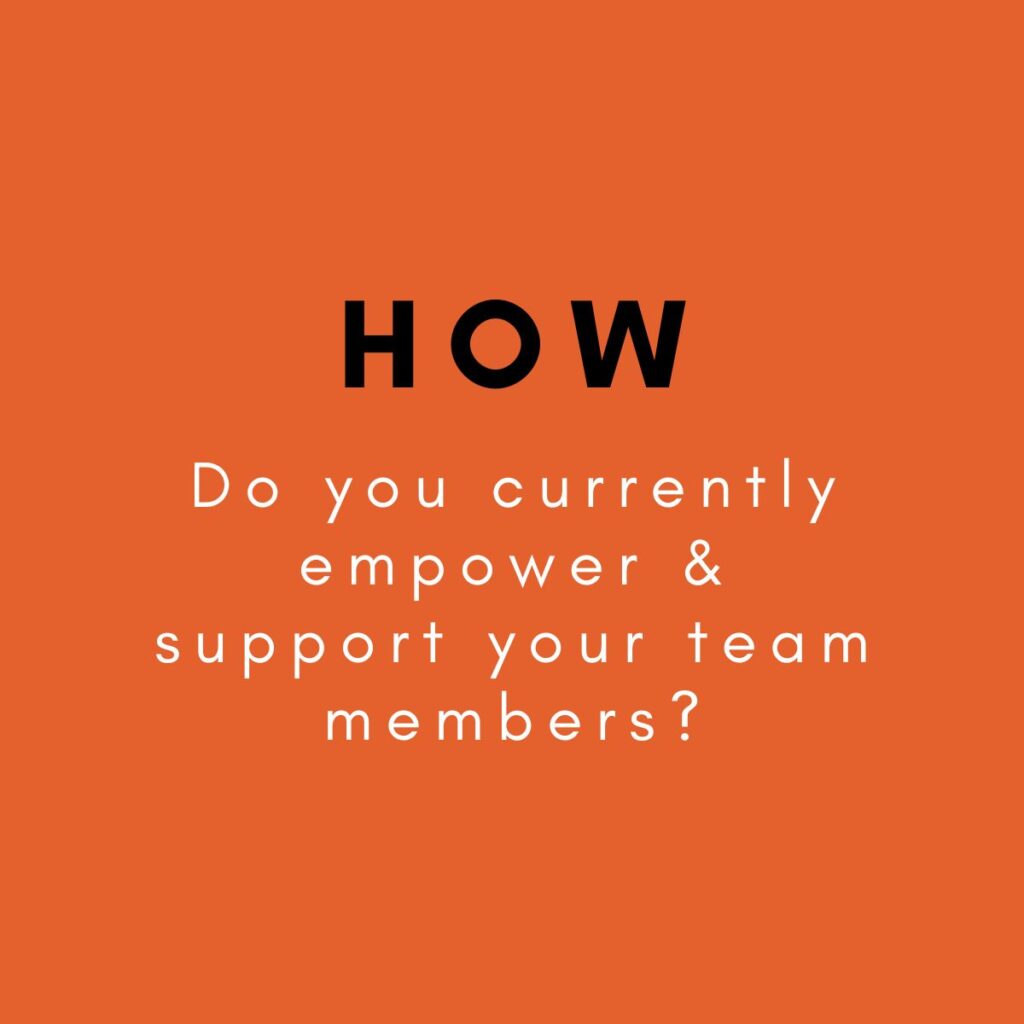
Introduction:
Building a culture of empowerment is essential for fostering creativity, innovation, and high-performance within organizations. In this blog post, we explore why empowering team members is crucial, effective strategies for cultivating an empowering organizational culture, and inspiring case studies from industry leaders.
Importance of Empowering Team Members
- Boosts Morale and Engagement: Empowered employees are more motivated and committed to achieving organizational goals.
- Fosters Creativity and Innovation: Empowerment encourages team members to take initiative, think creatively, and contribute innovative ideas.
- Develops Leadership Skills: Empowered individuals gain confidence and skills necessary for leadership roles, enhancing succession planning and organizational resilience.
Strategies to Foster an Empowering Organizational Culture
- Clear Communication and Transparency: Ensure open communication channels and share organizational goals and decisions transparently.
- Delegate Authority and Responsibility: Empower team members by delegating decision-making authority and encouraging autonomy in their roles.
- Provide Growth Opportunities: Offer training, mentorship, and career development opportunities that empower individuals to enhance their skills and knowledge.

Reflection Questions:
- How do you currently empower your team members?
- What steps can you take to create a more supportive and empowering work environment?
Case Studies: Empowering Cultures Led by Female Leaders
Google: Under the leadership of Susan Wojcicki, CEO of YouTube, Google has championed empowerment through initiatives like the “20% Time,” encouraging employees to dedicate a portion of their work hours to personal projects. This approach has empowered teams to innovate freely, contributing to Google’s reputation as a hub for creativity and forward-thinking solutions.
Patagonia: Led by CEO Rose Marcario, Patagonia exemplifies empowerment through its commitment to environmental stewardship and employee well-being. The company’s flexible work policies and dedication to sustainability empower employees to make meaningful contributions both within the company and in their communities. This culture of empowerment has not only boosted employee satisfaction but also fueled Patagonia’s reputation for ethical leadership and innovation in outdoor apparel.
Impact of Empowerment on Female Leaders and Innovation
Empowerment initiatives led by female executives like Susan Wojcicki and Rose Marcario have:
- Inspired Diversity: By fostering inclusive cultures that value diverse perspectives and contributions, female leaders empower teams to innovate and excel.
- Cultivated Leadership: Female-led empowerment initiatives nurture future leaders, paving the way for women to thrive in traditionally male-dominated industries.
These case studies underscore how empowerment, guided by female leadership, not only enhances organizational culture and employee satisfaction but also drives innovation and sustainable growth.
Conclusion
Building a culture of empowerment isn’t just about giving authority—it’s about creating an environment where individuals feel valued, inspired, and capable of achieving extraordinary results. By implementing these strategies and learning from successful case studies, organizations can cultivate empowered teams that drive innovation, foster collaboration, and achieve sustainable growth.

